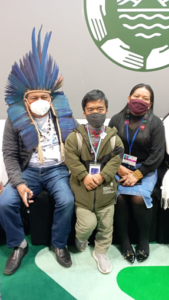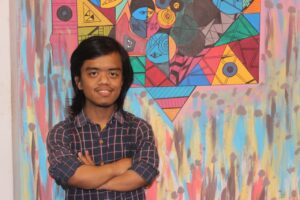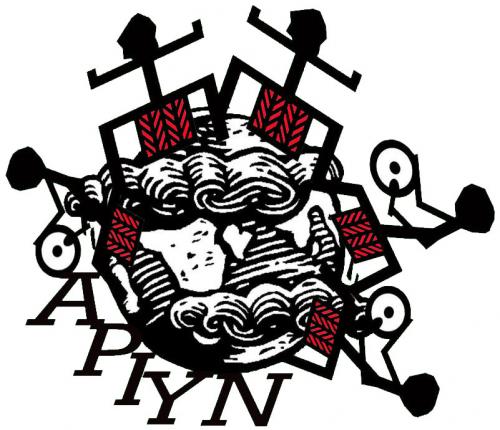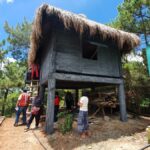
This is not a great thing that the Conference of Parties 26 (COP26) happens because it happens due to the failure for the last 25 times and years. This year in Glasgow I got a chance to attend the COP26. This was my first experience in COP and such big climate negotiations. I was there as a Nepali youth delegate with a governmental badge which allowed me some entry in the meetings. In my first climate negotiation, I learned many things like the process of discussion, how agendas were put forward and finalized, how the parties made solutions and obstacles in topics with their motto.
I got the chance to meet with different youth activists and activists from all over the country by whom I got so much inspiration with their story and energy for nature. I also got the chance to meet some indigenous people all the way from Amazon to the UK to voice their concerns about how the Amazon was dying. Every day the activists were dying from the mafia in their country while they tried to protect the forest. They were so aggressive and energetic with the issue to solve. Climate change and deforestation have made their life worse because they were all dependent on forests and natural resources. By their story, I connected my thoughts to my country where we were also more vulnerable and in the front line of disaster where they have to get migrated to another place and their children have also been deprived from education.
There in the COP26 I also got some of the chance to speak in the side event (The Importance of quality education in advancing climate justice and youth leaders, Our Climate OUR Future- an inter generational dialogue) and got knowledge from others. By the end of the COP26, it made me realize that we the youth and indigenous people are more vulnerable to climate change and also in the front line of climatic disasters but we are less likely to get placed at the table of talk and policy making. Our participation are not meaningful and active; they are just to be numbered. I feel we should also increase our capacity for our active participation and to make our voice heard and respected. Where we have a number of indigenous groups, cultures and knowledge in our country which owns different values but all respect and worship nature and are also vulnerable to climate change. #

About the author: Umesh is a youth climate activist and student of environmental science from Nepal. He leads Nepalese Youth for Climate Action, the largest youth coalition working for climate action in the country at the moment as Network Coordinator. For the past three years, he has been actively spreading awareness, advocating for policies and taking action for the climate. He also used to advocate for climate justice for the people with disability because he himself has witness being a person with disability. He was a Government youth delegate to COP26, where he was a keynote speaker of “Importance of quality education in advancing climate justice and youth leadership”, highlighting the impact of the climate crisis for those living with disabilities and indigenous children. He coordinated COY16 for Nepal as its country coordinator and has collected more than 200 direct youth voices and 1000 plus petitions for the National Youth status paper highlighting the climate and youth issue of Nepal in COY16. He was also a panelist at The Future Children Want on resilient cities for children. He is currently working in Red Alert Campaign with Save the Children, with a focus on bringing children and youth voices in climate crisis conversations and actions.

